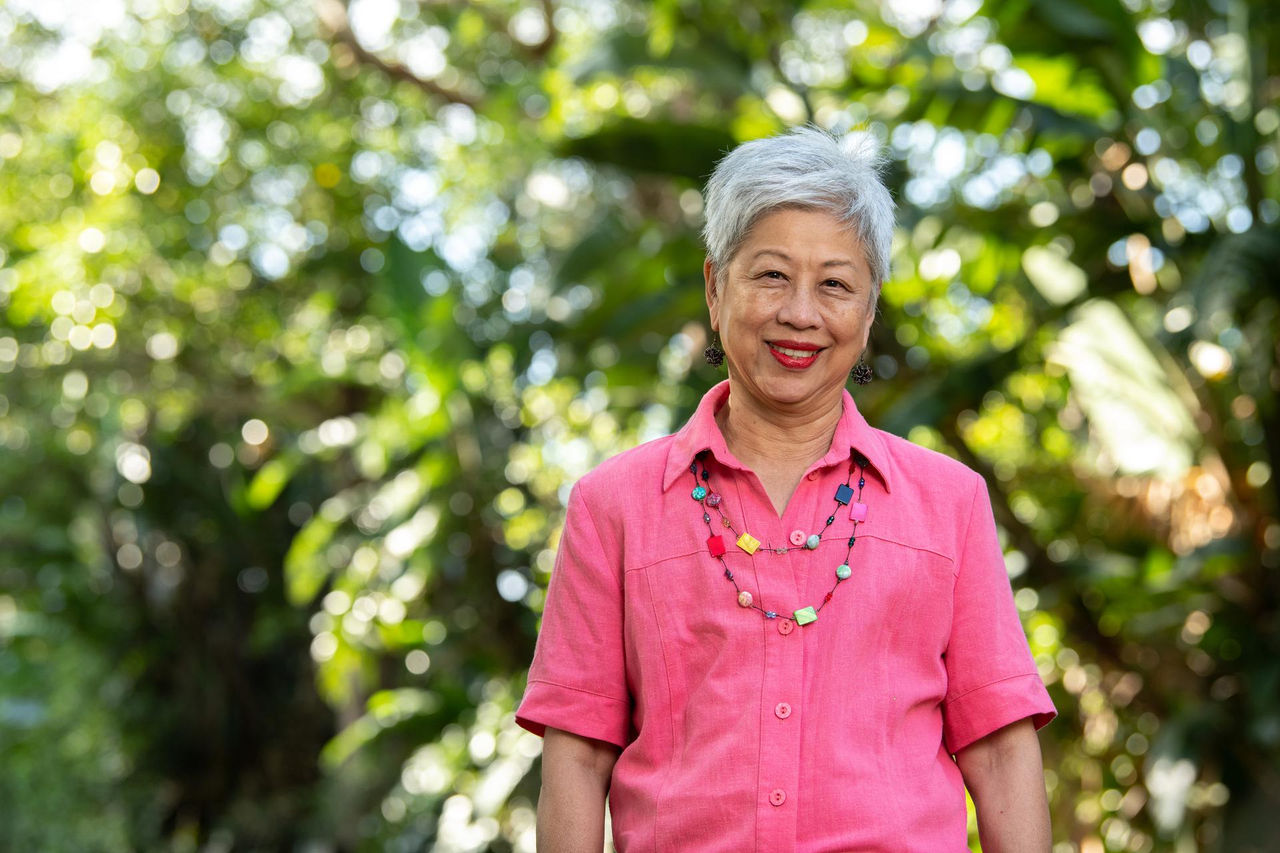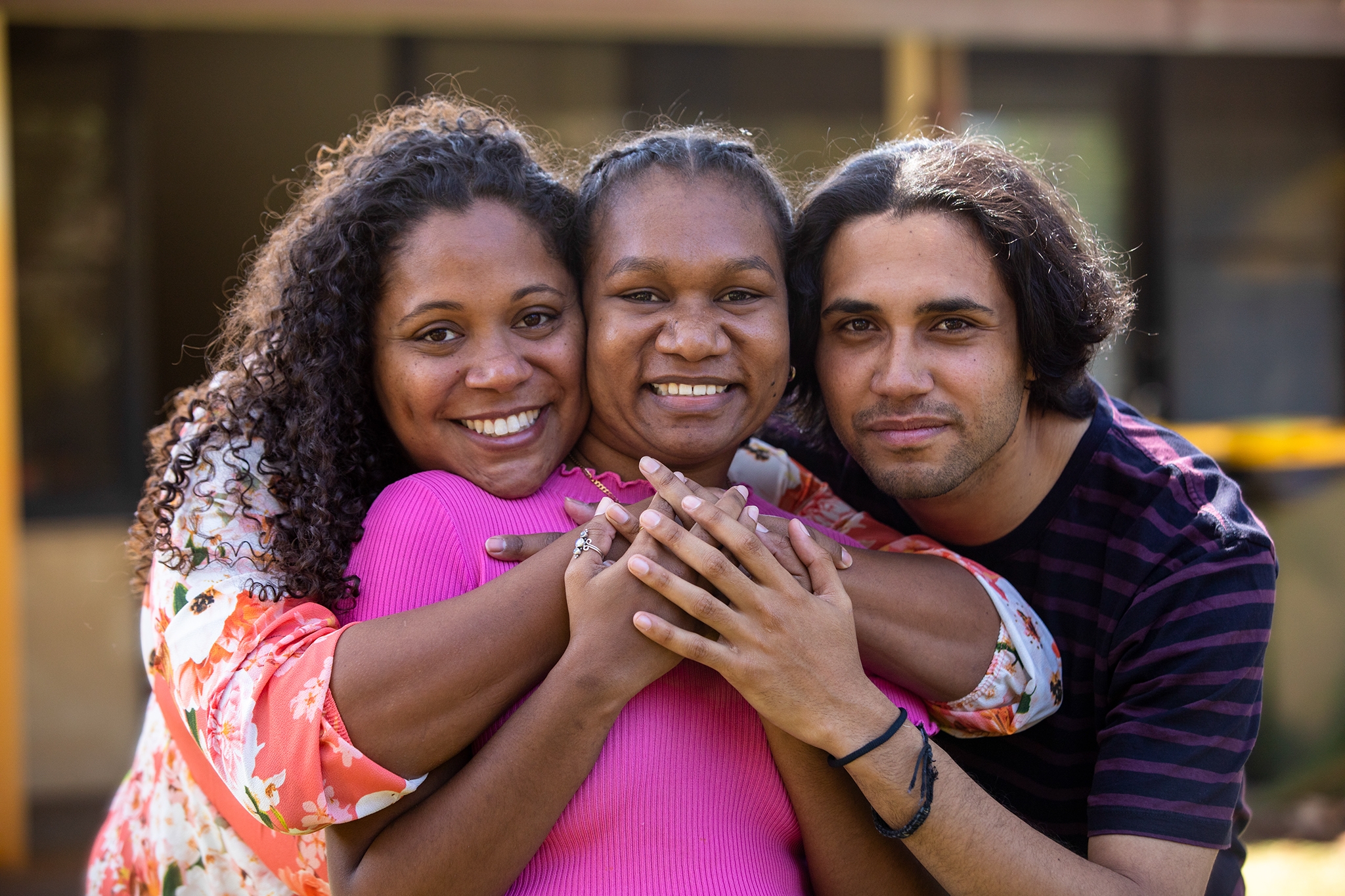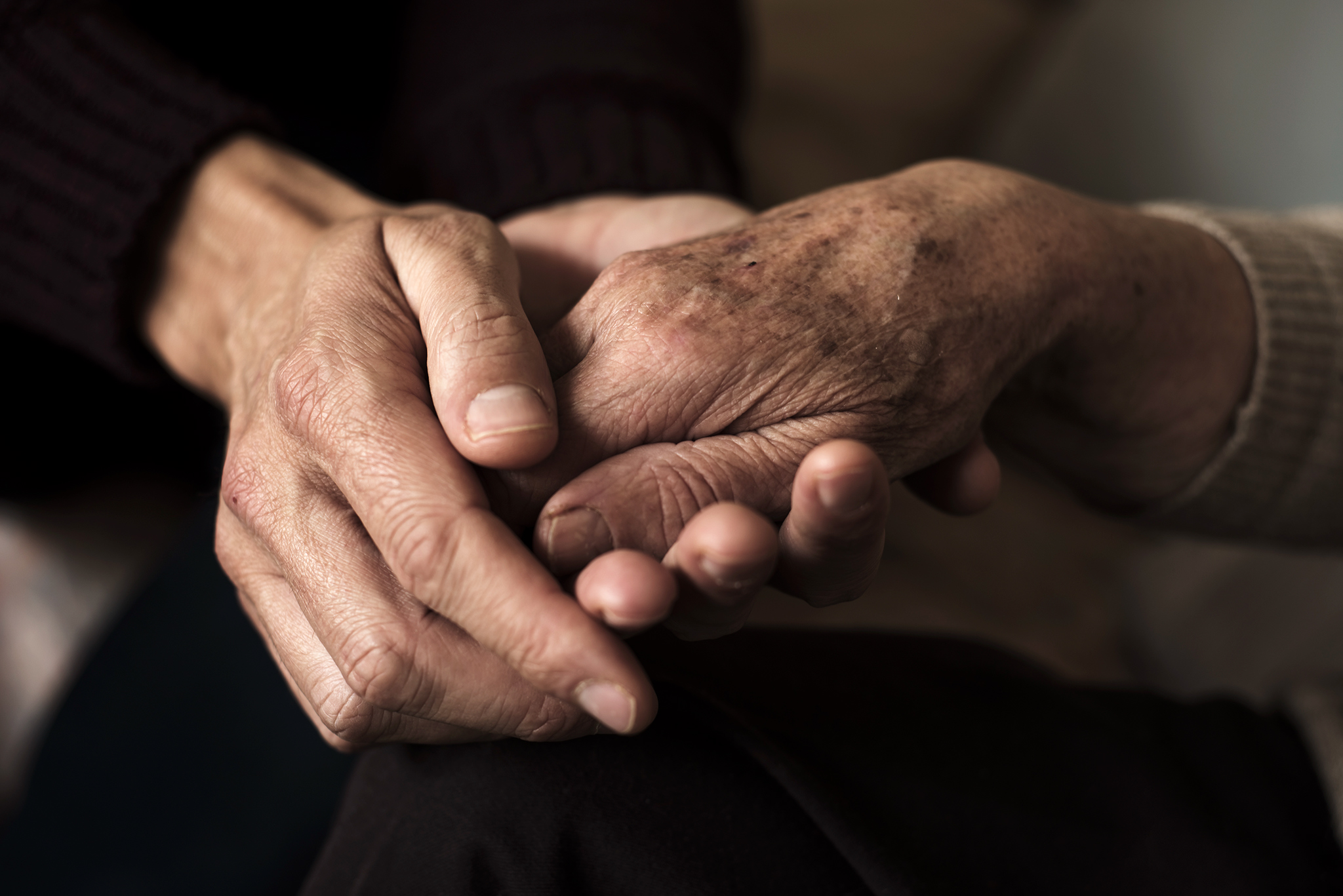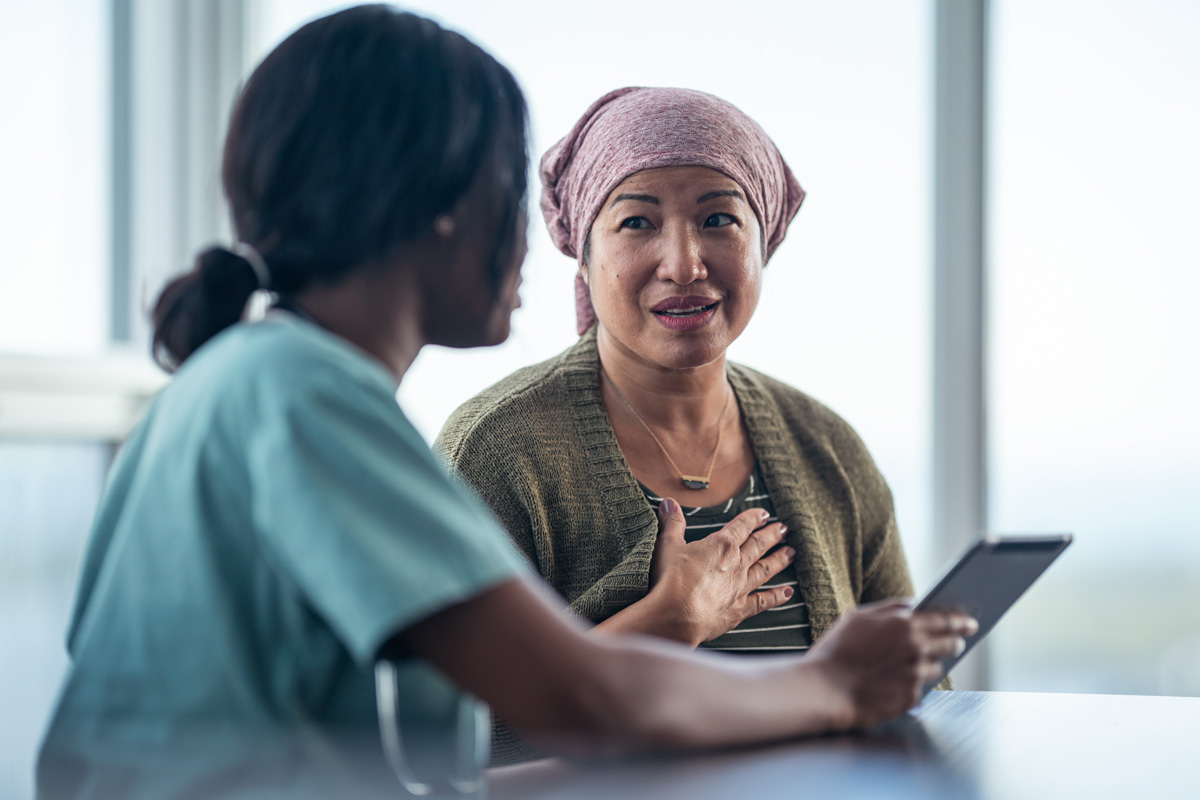- Patients
- Patient resources

Patient resources
We are changing the face of cancer care.
Patient support
- 1
- 2
- 3
- 4
Wellbeing blog

Your wellbeing matters
We understand the importance of compassionately treating the whole person, and not just the condition.

You are leaving our website
You are now leaving our website. GenesisCare do not control this content and therefore are not responsible for its accuracy or reliability.
Disclaimer:
This website is provided for information purposes only. Nothing on this website is intended to be used as medical advice, or to diagnose, treat, cure or prevent any disease. It should not be used as a substitute for your own health professional's advice. Any medical procedure or treatment carries risks. Before proceeding with treatment, you should discuss the risks and benefits of the treatment with an appropriately qualified health practitioner. Individual treatment outcomes and experiences will vary.



